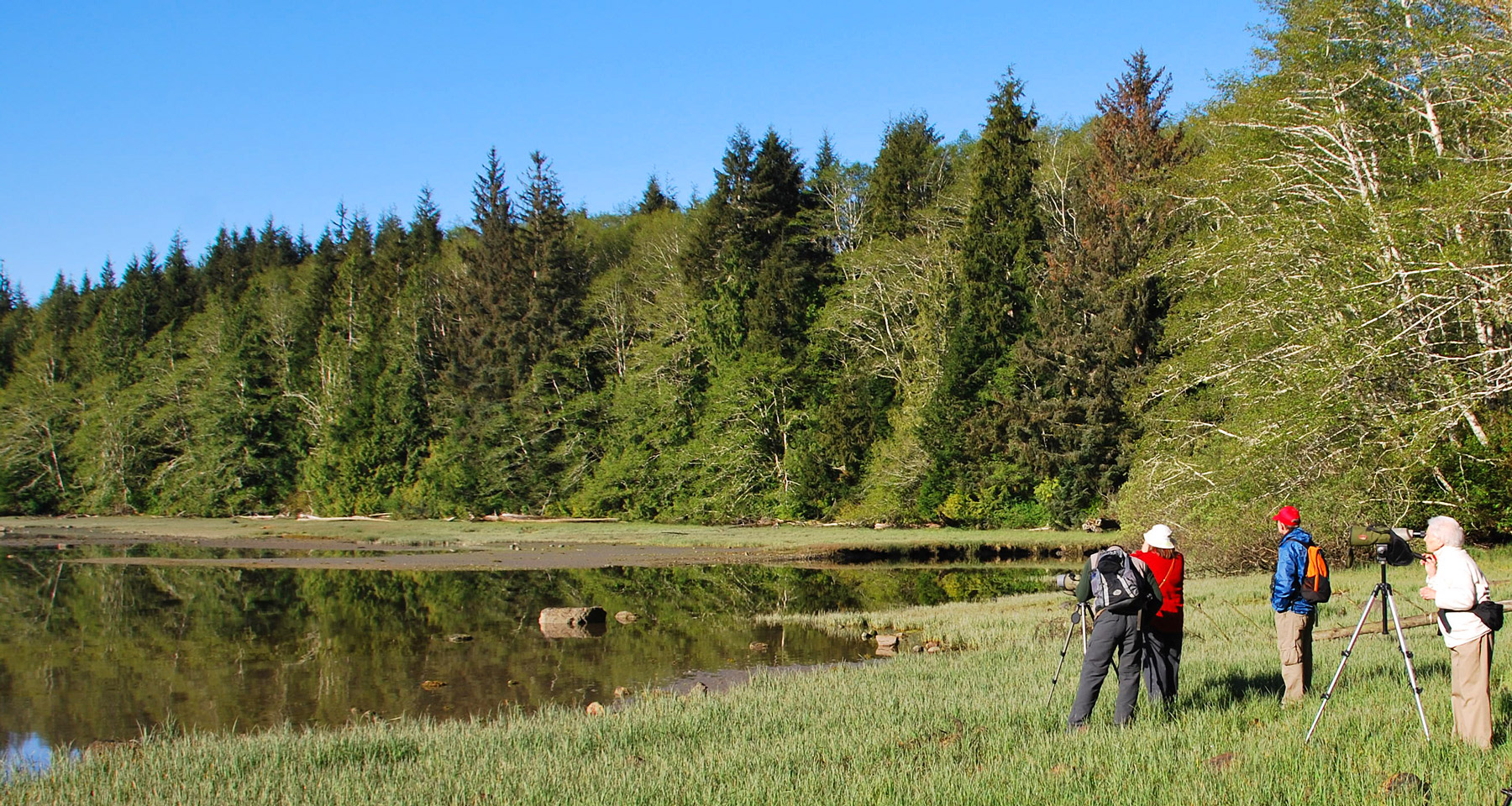Important Update! Our Stewardship Grant has undergone an update to better integrate
with other HCTF grant programs and is now called Action Grant.
Intake for Action Grant applications is now closed.
The next opportunity to apply will be January 2026.
Action Grants support projects that directly involve people and communities to change behaviours and/or practices leading to measurable conservation outcomes in British Columbia. Projects should work to create solutions or sustainable practices, or mitigate human-caused impacts to prevent or reduce impacts to species or ecosystems.
Goals of the Grant:
- Influencing change in behaviours and/or practices towards conservation outcomes
- Implementing actions by collaborating with individuals, organizations, or communities
See our “Stewardship Grants: Which Grant is Right For You?” webinar for more info on Action Grants and HCTF’s stewardship grant umbrella here.
- How much funding can we apply for?
Eligible expenses up to $50,000. Grant completion must be within 2 years of approval. 80% of grant will be issued up front and 20% once completed and the final summary of work is submitted.
- Action Grant Application Cycle
-
-
- Intake opens January 15
Online application submission January-February (see the Apply tab for more info). - Application deadline is February 28 at 4:30pm (PT)
- Proposal review & funding decisions (March-May)
Submitted Action Grant proposals are reviewed in March through April and final decisions are made in May by an HCTF subcommittee of the Board of Directors. - Notifications & approval letters (June)
Applicants will be notified in June. Notification emails from the online Survey Apply system will be sent in June to inform applicants whether their grant application was approved for funding. An applicant may be funded for less than the amount requested, or there may be funding conditions to satisfy before the funds are released. - Conditional Grant Agreement
After your notification has been received and any potential funding conditions have been approved by HCTF, login to the online portal to review, sign, and submit the Conditional Grant Agreement. Please confirm payment information has been completed. - Reporting deadline for approved 2024-2026 projects is July 31, 2026
- Intake opens January 15
-
*Please make sure you add grants@hctf.ca and noreply@mail.smapply.net to your safe senders list.
-
- 2025-27 Action Grant Recipients
See the 2025-27 Action Grant Recipients here (PDF download).
Important Update! Our Stewardship Grant has undergone an update to better integrate
with other HCTF grant programs and is now called Action Grant.
Intake for Action Grant applications is now closed.
The next opportunity to apply will be January 2026.
How to Apply?
Proposal submissions for the Action Grant are completed online through the HCTF Survey Apply system. Please note that all applications must be submitted using Survey Apply as HCTF cannot accept applications by email.
Questions?
Any questions about the application process can be directed to grants@hctf.ca






